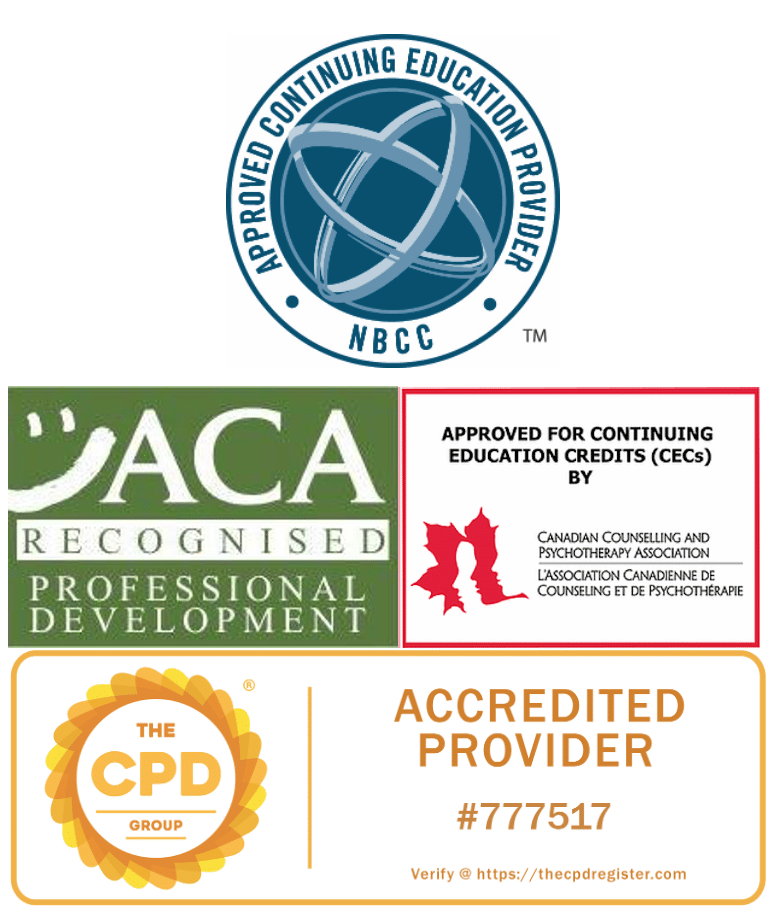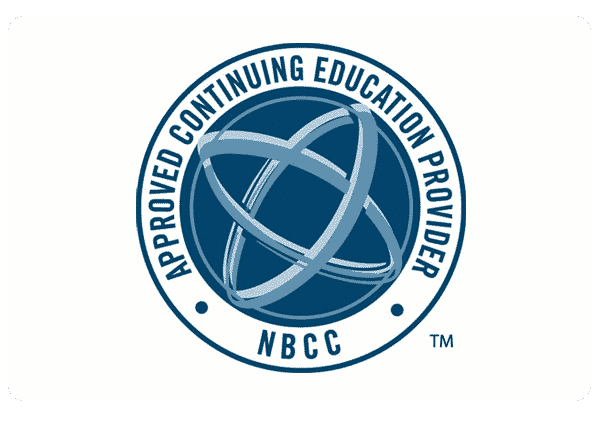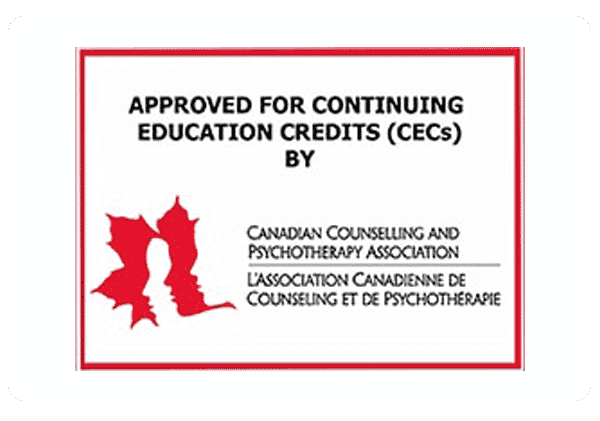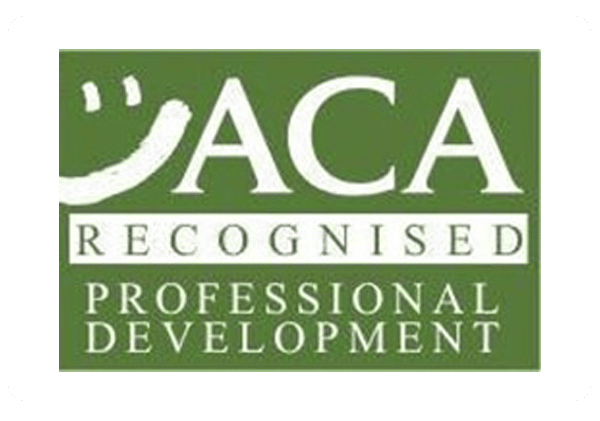4-Part Series: Recognising and Working with Client’s Unfinished Business: Using Gestalt Concepts – Mark Hartshorn
As human beings, we have a natural tendency to complete experiences in a way that is satisfactory to us. When this is not possible, we are left with unfinished business. As we travel through life, we move from experience to experience and rarely get a chance to complete them all in a way that leads us to feel satisfied. Unfinished business may take the form of unmet needs, unspoken words and unexpressed emotion and it remains with us, almost haunting us, contributing to mental health problems, addiction and disconnection from self and others.
In our practice, it is highly likely that our client’s will present with a great deal of unfinished business and little awareness of its existence, origins or impact on them, their relationships, and their lives in general.
Read MoreGestalt theory provides a way for us to understand how our clients may move through an experience in a way that leads to satisfaction in addition to a range of ways in which their experiences are interrupted or unfinished. Gaining an awareness of the ways in which they interrupt their experiences may well be the key to liberation from the impact of unfinished business.
This series of training modules will look at various Gestalt concepts which practitioners can use in practice to help clients gain awareness of unfinished business, its origins, it’s impact and how they may be able to move towards completing the experiences that contribute to it.
TRAINING information
As human beings, we have a natural tendency to complete experiences in a way that is satisfactory to us. When this is not possible, we are left with unfinished business. As we travel through life, we move from experience to experience and rarely get a chance to complete them all in a way that leads us to feel satisfied. Unfinished business may take the form of unmet needs, unspoken words and unexpressed emotion and it remains with us, almost haunting us, contributing to mental health problems, addiction and disconnection from self and others.
In our practice, it is highly likely that our client’s will present with a great deal of unfinished business and little awareness of its existence, origins or impact on them, their relationships, and their lives in general.
Read MoreGestalt theory provides a way for us to understand how our clients may move through an experience in a way that leads to satisfaction in addition to a range of ways in which their experiences are interrupted or unfinished. Gaining an awareness of the ways in which they interrupt their experiences may well be the key to liberation from the impact of unfinished business.
This series of training modules will look at various Gestalt concepts which practitioners can use in practice to help clients gain awareness of unfinished business, its origins, it’s impact and how they may be able to move towards completing the experiences that contribute to it.
Module 1
Module 1: An Overview of Gestalt
A principle of Gestalt theory is that the sum of the parts is greater than the whole. In this module, Mark will introduce some key concepts of Gestalt which contribute to a greater understanding of the fuller theory of Gestalt.
Learning Objectives
At the end of this module participants will be able to:
- Explain the word Gestalt
- Identify and describe a range of Gestalt concepts
- Describe the importance of awareness in working with Gestalt theory
- Practice applying Gestalt concepts to develop own awareness
Module 2
Module 2: The Gestalt Cycle of Experience
Building on the work from module 1, Mark will explain the importance of the human tendency to need to complete experiences in a way that gives rise to satisfaction. Mark will introduce the Gestalt Cycle of Experience and explain both the ways in which experiences can be completed satisfactorily and the ways in which experiences become interrupted.
Learning Objectives
At the end of this module participants will be able to:
- Identify and describe the stages of the Gestalt Cycle of Experience
- Explain the need for satisfactory completion in relation to mental health
Module 3
Module 3: Working with Unfinished Business
Continuing with the work from module 2, Mark will explain how unfinished business presents in client work and introduce some creative ways, sometimes referred to as Gestalt Experiments which practitioners can work draw on to work with it.
Learning Objectives
At the end of this module participants will be able to:
- Identify and describe some creative ways of working with Gestalt experiments
- Prepare a Gestalt experiment to use in client work
Module 4
Module 4: Unfinished Business and Childhood Trauma
Mark will expand on the work presented in the previous three modules and explain how adverse childhood experiences lead to unfinished business that is then projected onto the world and relationships in adult life. There will be an introduction to ways in which this can be addressed within the therapeutic relationship.
Learning Objectives
At the end of this module participants will be able to:
- Identify and explain ways in which adverse childhood experiences lead to unfinished business
- Recognise how unfinished business is projected onto the therapist and the wider world of the client
- Use understanding in client work
About Mark

CPD/CE
CPD / CE credits: 1 for each module
NBCC credits: 1 for each module
OPD Points from the Australian Counselling Association: 1 for each module











